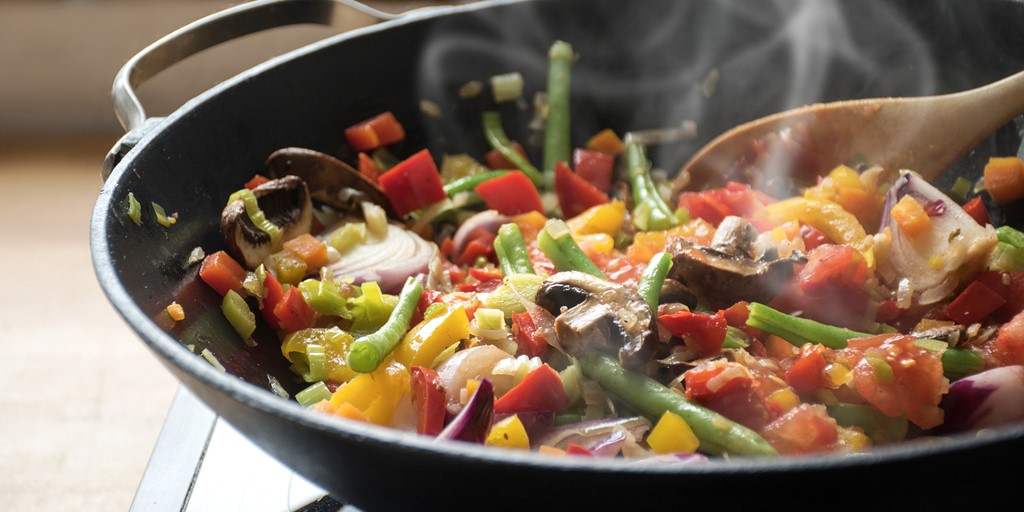

If you want to become a faster and fitter cyclist, then you need to take your recovery seriously.
Many amateur cyclists fail to grasp the importance of post-ride nutrition, and wonder why they are getting ill or injured more frequently or aren’t seeing the improvements in their performance, as they would like.
What you feed your body after a hard day’s riding is the key to unlocking the door to progression. Remember, moderate to heavy training is bad for the body. You are depleting it of its energy stores, damaging muscle tissue and releasing stress hormones. It is only during periods of rest, coupled with correct nutrition when your body will start to repair and rebuild.
What to do?
While it’s all well and good cooling-down thoroughly after your ride before having a massage and laying in a cold bath, you will never fully recover unless you eat and refuel the body. In order to do this, you need to know about the three ‘Rs’ – Repair, Rebuild and Rehydrate. In other words, protein, carbohydrates and fluids.
Research states that for any form of exercise over 90 minutes - which is moderate to hard - requires at least 20g of protein to initiate the recovery process.
To combat fluid loss, you should aim to consume anywhere between 1.2 and 1.5 litres of fluid for each kg of weight loss. Carbohydrates consumption is largely dependant on how hard you have been riding, your fitness levels and your pre-fuelling state. However, guidelines state that one should aim to eat between 0.8 to 1.2 grams per kg of body weight per day to maximise and replenish glycogen stores after exercise.
Having an understanding of what you need, will encourage you to make the right choices of what to eat after your ride.
So let’s take a look at five of the best recovery meals after cycling, in no particular order:
Fruit smoothie (with milk)
Milk is a good source of protein. 200ml of semi skimmed provides nearly 10g of protein. Add in some low fat yoghurt, and that figure could easily jump to 20g. Throw in a banana and a few blueberries and you’ll get a carbohydrate hit as well as vitamins and antioxidants.
Scrambled egg on toast
With the eggs providing a significant amount of protein and the bread giving you a carbohydrate a boost, it’s a truly great recovery meal. It’s also light on stomach and can be made in minutes.
Chicken baguette
A standard chicken baguette contains over 20g of protein, 40g of carbohydrates as well as sodium that will help combat any salts you may have lost through sweating. You may think that a chicken baguette is hugely calorific, but providing you choose carefully what you put into it, it needn’t be any more than a few hundred calories.
Beans on toast
Beans are a great source of protein, (and easier to clean up than scrambled egg). One 253g cup of baked beans contains 14g of protein and 55g of carbohydrates. Heck, who needs the bread?
Sports Recovery Drink
Ok, so it’s not homemade, but buy enough of them, and you can keep them stored in your fridge, waiting for you when you get home. Sports recovery drinks are very effective. On average, a 310ml bottle contains anywhere between 20g of protein and carbohydrates as well as salts, minerals and vitamins.
Please note the information provided on this page should not be taken as advice and has been written as a matter of opinion. For more on insurance cover and policy wording, see our homepage.
